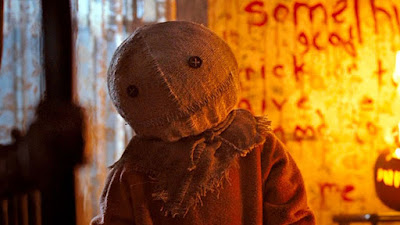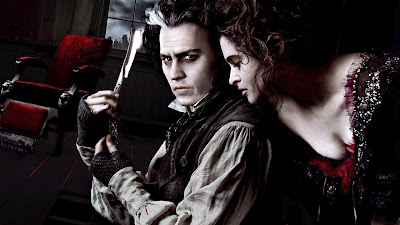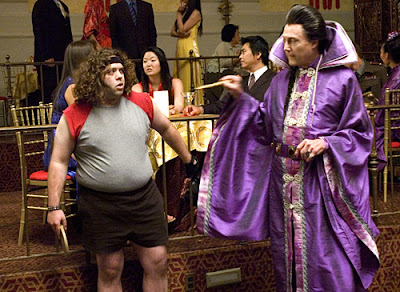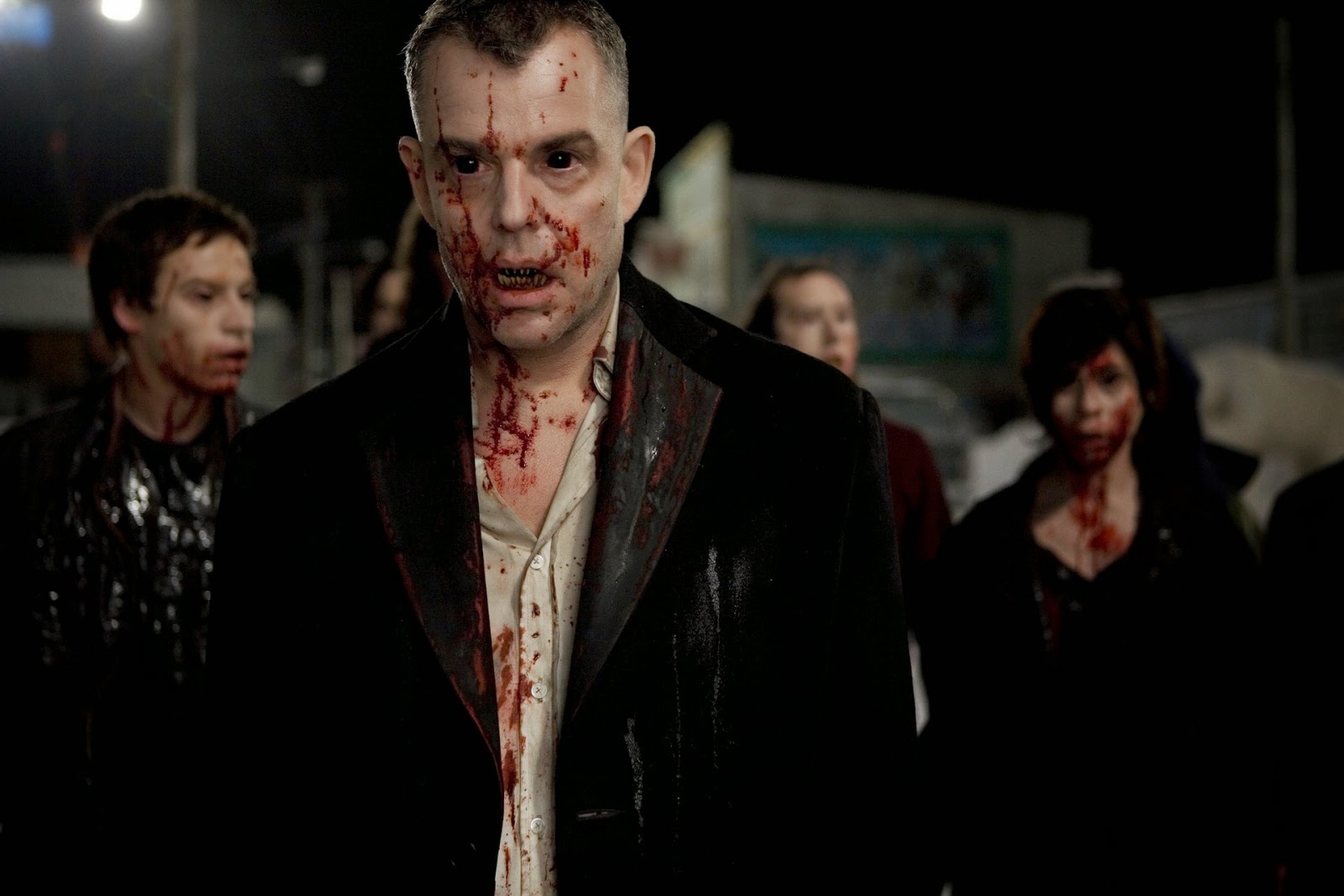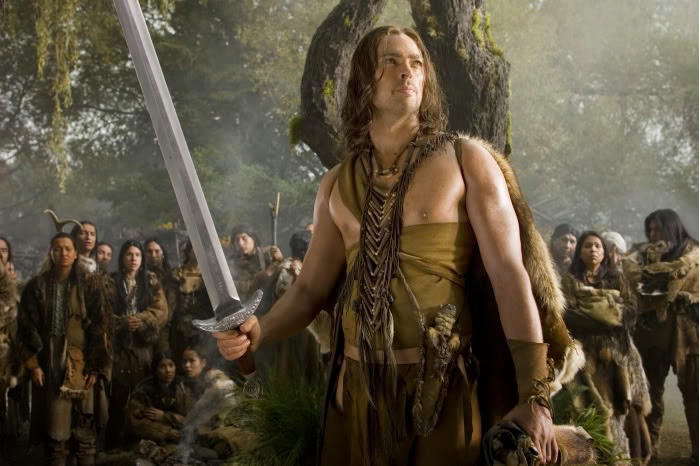“There are few things as fetching as a bruised ego on a beautiful angel.”
There’s little more that can be said of the Tarantino method that hasn’t already been analyzed by countless critics and film historians, but if one were to attempt and condense all his sensibilities into a single opus, “Death Proof” contains just about every trait worth mentioning. Made on a whim along with Robert Rodriguez’ “Planet Terror” as part of their 2007 Grindhouse throwback, the movie is a shameless clash of underground 1970s sensibilities, married by a plot that plays like a spaghetti western and dialogue that has all the sophisticated awareness of blaxploitation. Sometimes, particularly in the slower moments, we sense a twinkle of glee emulating from the material, as if its director has found content that exists just for his sake as opposed to one that he must mold and refine. If the likes of “Kill Bill” or “Django Unchained” are imprinted with his signature, his lone horror film is more like an old tattoo: as much a part of him as he is a part of the culture of underground B-movie shlock that first gave him his creative wings so long ago.




